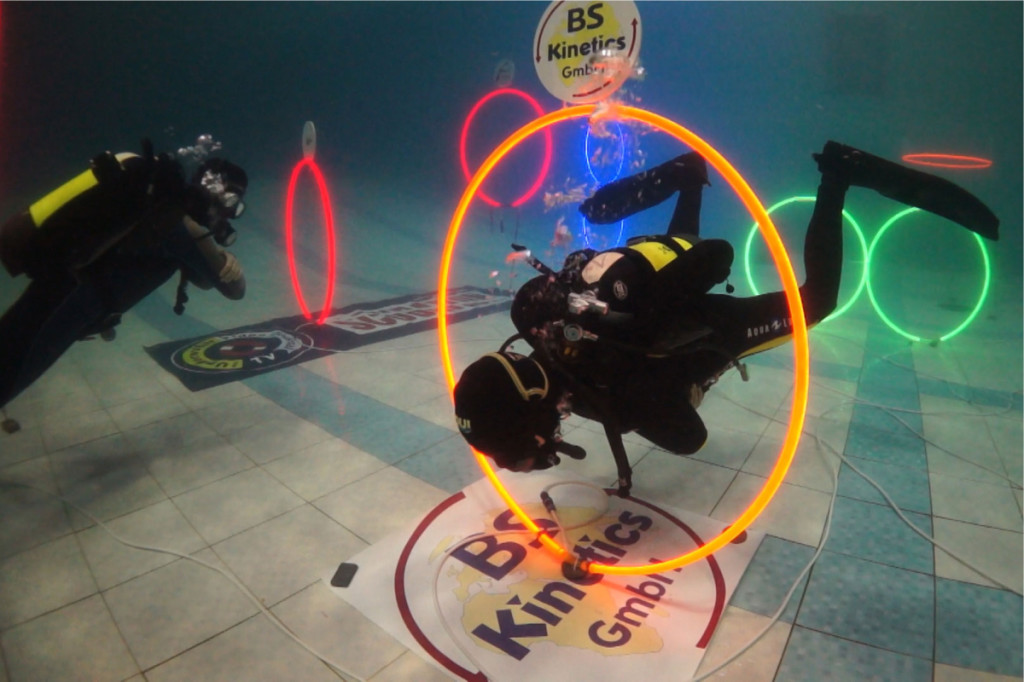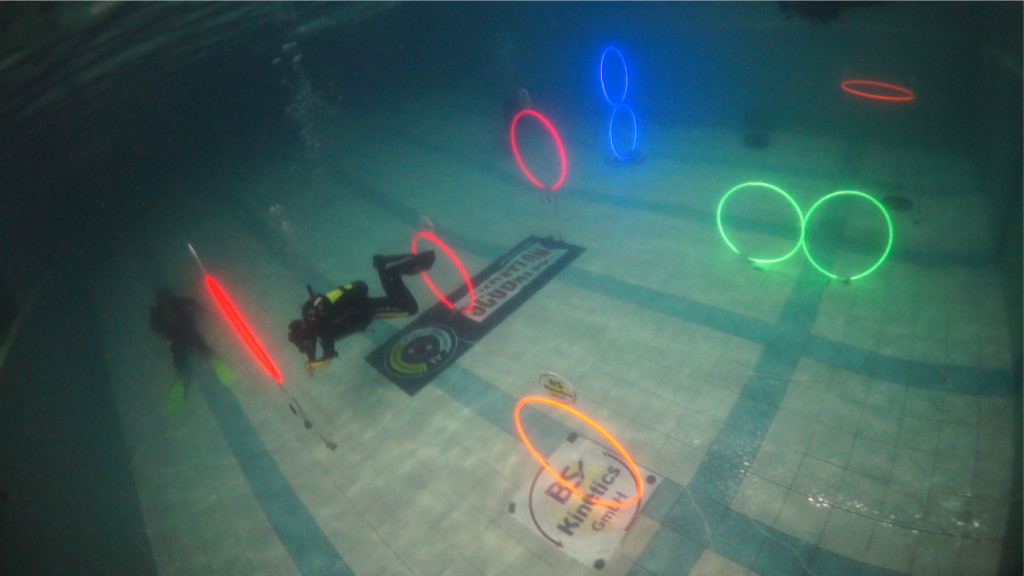Over the past few decades, we have witnessed how the underwater immersion became favorites in the mass enthusiasm. The development of the tourism industry made available to visit the most remote and exotic corners of the planet. Well-established and branched divers training system annually issue certificates divers thousands of people. Wonderful Jacques-Yves Cousteau’s films is turned a fairy tale to reality and today, plunging into the depths of the sea, we can see how rich and diverse underwater world by ourselves. But this world is extremely fragile ecosystem.
Two-thirds of the Earth surface covers by World Ocean. It seems that the Ocean is huge, but the dive sites are not so much. During the only one generation of divers we have already seen global changes of the underwater flora and fauna, actually not for the better side.

What could it be seen at the once popular dive sites? The coral reef is a living organism, which provides the lives of thousands of creatures, and it is liable to its own diseases A dead corals whose color resembles the ashes and the lack of living creatures is natural consequence of the death of the coral reef. There are about a third of the world’s reefs already ruined. Unfortunately, this is human-induced environmental changes.
Thousands new open-water divers during their first dives often cause irreparable damage to the underwater ecosystem. Due to the elementary illiteracy such «divers» could harm themselves, so as not sufficiently knowledgeable about the habits and characteristics of marine life.
SCUBATLON Association has developed a program to change the situation and help to harmonize the relationship between human and the underwater world. Because of SCUBATLON does not provide for training entry-level diving, where the process is so well established by any of the existing international systems of training, its program starting from the level of Open Water diver any system (PADI,SSI, CMAS and etc.).
The basis of the course SCUBATLON SCUBA MASTER is a diver’s ability to perfectly manage themselves, thereby ensuring its own security, and environmental sustainability. Using multi-level system of underwater obstacles, the course will teach everyone to masterfully control body and breathing in any position and use different styles of stroke fins.
The next course is divided into two stages: theoretical and practical. The first stage — SCUBA NATURALIST, tells about the underwater ecosystem, marine life and their habits, the second — SCUBA RANGER, provides practical study of underwater flora and fauna. The acquired knowledge will lead you to a meaningful dialogue with the world and knowledge of the basic laws on which it lives and develops
Why do I need SCUBATLON?
SCUBATLON — this is not an aim but stepping-up to it. The aim is the dives safety and the environmental preservation. Program can be both an independent course and the preparatory step for the subsequent training of photo and video shooting, cave and technical diving.
The important point is the fact that the passing SCUBATLONs training program, even novice divers, who usually represent a major problem for others, can feel themselves fully valid members of any professionally and more experienced dive team. The program SCUBATLON will also help «reshape» divers, who do not dive for a long period in natural waters.

Although SCUBATLON, first of all, an ecological project — sports and competitions are an important part of his and help unite divers around the instructor or club. Association SCUBATLON holds competitions among divers on buoyancy control. Competitions are held on the slopes of different difficulty levels, consisting of obstacles system. Participation in association may be the hallmark of every diver or instructor. Passage the route of SCUBATLON allows quite objectively judge the level of divers’ training and professionalism, and filmed and posted on the Internet a video — documentary proof of that. Regardless of the number of specializations and experience — it is also a good way to come together to improve diving skills.
Marina Levina
Foto Anna Kozlova, Andrey Alexandrov
